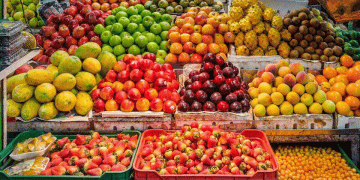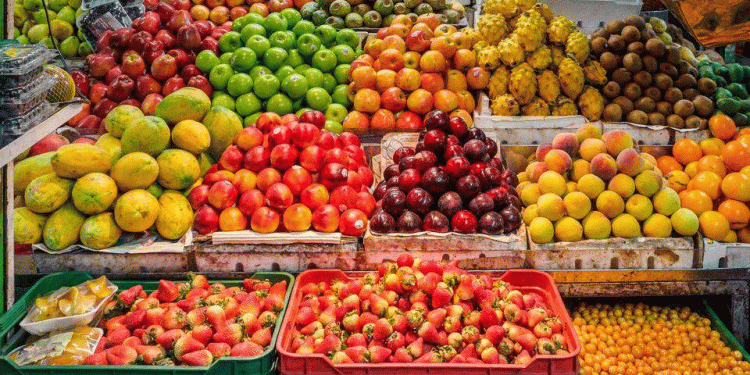How can a government effectively support its local organic farmers while tackling public health challenges? Luxembourg is providing a compelling answer. The country’s Ministry of Agriculture has launched a call to tender for its long-running School Free Fruit and Vegetable Programme, a initiative that strategically leverages public procurement to create a stable, high-volume market for domestic organic producers. This program, which reaches 98% of all primary and secondary students at over 400 sites each week, is a masterclass in using policy to simultaneously achieve health, educational, and agricultural economic goals.
The scale of the program is significant. To meet its objective, the government is sourcing over 461 tonnes of fruits and vegetables per year. The tender is strategically structured to prioritize local agriculture: five contracts are reserved exclusively for local producers, who will supply core products like apples, pears, and carrots. This creates a guaranteed income stream for farmers, a critical factor for the financial stability of organic operations which often face higher risks and costs. This aligns with a broader EU push for sustainable food systems. The European Union’s Farm to Fork Strategy explicitly encourages member states to use public procurement to stimulate demand for sustainable products, a goal Luxembourg is directly operationalizing.
A particularly innovative aspect of the contract is the educational requirement: local producers must agree to host school classes on their farms. Last year, 382 primary students participated in these visits, forging a vital connection between young consumers and the source of their food. This long-term investment in “agricultural literacy” is crucial for building a lasting consumer base that understands and values local, organic production methods.
The program also takes a pragmatic approach to its organic targets. While a substantial 32% of all distributed products will be organic (mostly from local production), the requirement for distributors is a lower 10%. The ministry defended this balance, arguing that a higher mandate could be “counterproductive,” leading to greater reliance on foreign organic imports and undermining the goal of supporting local agriculture. This highlights a key tension in the organic movement between purity of principle and practical scalability. It reflects a realistic understanding of current production capacities, aiming to grow the domestic organic sector steadily without overreaching.
Luxembourg’s program is more than a free lunch initiative; it’s a sophisticated agricultural development policy. By creating a predictable, large-scale demand driver, it de-risks organic farming for producers. By mandating farm visits, it cultivates the next generation of informed consumers. And by setting ambitious yet realistic organic targets, it fosters gradual, sustainable growth of the local sector rather than triggering a reliance on imports. For policymakers, farmers, and agronomists elsewhere, it serves as a powerful model of how to strategically align public health, education, and economic support for agriculture into a single, highly effective program.































